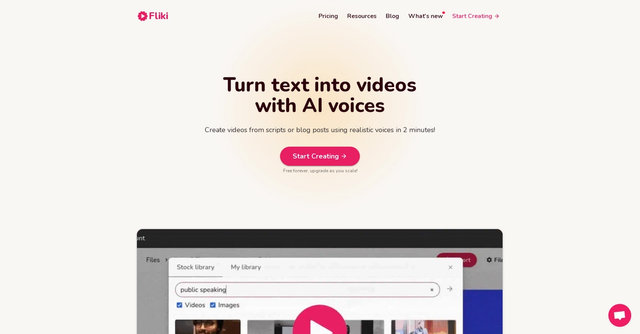AI May Expand the Wealth Gap Experts Warn
The world experienced a seismic shift in November 2022 when San Francisco-based OpenAI's ChatGPT, a generative AI chatbot, was introduced to the public. Much like the arrival of the internet in the mid-1990s, artificial intelligence is impressive for its potential. But here is the million-dollar (or maybe billion-dollar) question: Who really benefits from this AI revolution? Spoiler alert—probably not the average person.
Is AI the Great Equalizer or Just Another Money Printer for the Rich?
AI has the power to streamline work, automate mundane tasks, and even enhance creativity. Fantastic, right? But before we all start celebrating the utopian age of AI-driven equality, let's take a hard look at reality.
When new technological advancements emerge, history has shown us that those with resources—companies, venture capitalists, and governments—are the ones best positioned to capitalize. Take the internet: it was hyped as a tool to democratize information, yet today, billion-dollar tech giants dominate it, and data is the new gold. AI could follow the same path.
The Cost of AI Is Not So Accessible
It turns out that developing and maintaining AI is expensive. The infrastructure alone—data centers, powerful GPUs, and high-end processing power—requires deep pockets. OpenAI, Google, and Meta didn't just stumble upon advanced models like GPT-4, Gemini, or Llama; they poured billions into them. How many everyday developers or small startups have access to that kind of cash?
Automation: Efficiency or Mass Job Displacement?
Sure, AI can take over repetitive tasks, and in some cases, that's great. No one is mourning the loss of manually filling out spreadsheets all day. But what happens when AI starts replacing high-skill jobs—programmers, researchers, designers? While the wealthy invest in AI to boost profits, workers on the other side might find themselves struggling to compete with AI-powered automation.
Who Gets Left Behind?
When AI tools are designed with profit in mind, accessibility often takes a backseat. Just look at how AI startups now charge for premium AI models. Want access to the best, most effective models? That'll cost you. Meanwhile, those who can't afford it get weaker, outdated versions.
The digital divide already exists; AI might just make it worse. Imagine AI-enhanced education, AI-assisted medical diagnoses, and AI-driven legal services. If these technologies are only available to those who can afford them, society risks reinforcing systemic inequalities.
Open-Source AI: A Glimmer of Hope?
Fortunately, open-source AI initiatives like Meta's Llama and efforts by Stability AI are trying to level the playing field. Developers working on open models could fight against AI monopolization. But will open-source efforts keep up with corporate-backed AI? Hard to say.
So, What Can We Do?
Instead of watching AI become another tool for the ultra-rich, developers, policymakers, and the public need to push for wider, fairer access. Here are a few things that could help:
- Developing and supporting open-source AI initiatives
- Encouraging regulations that ensure AI benefits are distributed more fairly
- Investing in education and workforce training to adapt to AI-driven job markets
AI should work for everyone, not just those with deep wallets. The big challenge is making sure that happens before the wealth gap turns into a wealth chasm.
So, what do you think? Will AI be an equalizer or just another system that benefits the rich while everyone else scrambles to keep up? Let’s talk about it.
Get to know the latest AI news
Join 2300+ other AI enthusiasts, developers and founders.
- CommentsShare Your ThoughtsBe the first to write a comment.















%20(1).webp)
.webp)



.webp)



.jpg)

